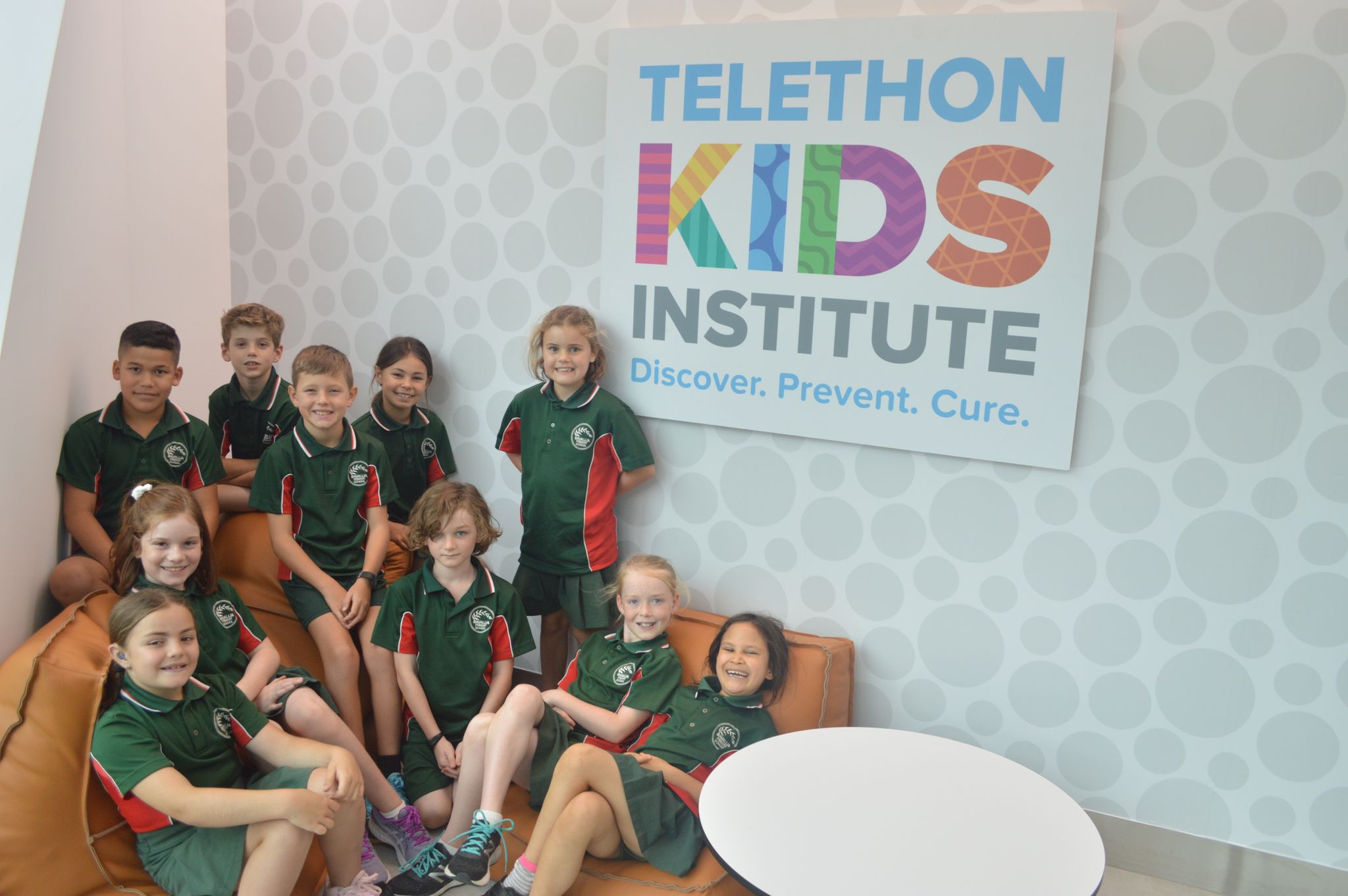Search
Showing results for "1"

News & Events
JRDF One WalkPatients, families and our centre staff members took part in JDRF's One Walk last October to raise funds for type 1 diabetes research.
Research
Evaluating the Introduction of Humidified High-Flow Nasal Cannula Therapy Into an Australian Aeromedical Service Within a Paediatric Population: A Retrospective Cohort StudyHumidified high flow (HHF) oxygen is increasingly used to treat acute respiratory illnesses in children; however, use during aeromedical transfer is not well described. This was a retrospective cohort study. Children who were transferred from rural locations and were initiated on HHF prior to transfer between 1 January 2015 and 31 December 2018 were identified from the Royal Flying Doctors Service database. Clinical variables prior to transfer, during flight and after transfer were collected from medical records and flight records.

News & Events
School excursions at The Kids Research Institute AustraliaHey teachers and educators - the The Kids Discovery Centre schools pilot program is returning in 2021!

The Scientific Advisory Committee's (SAC) role is to provide scientific direction and to ensure the objectives of WAERP are reflected in the research performed; SAC forms part of our governance structure.
Research
Factors Associated with Respiratory Illness in Children and Young Adults with Cerebral PalsyOromotor dysfunction is strongly associated with respiratory illness in patients with cerebral palsy
Research
Early analysis of the Australian Covid-19 epidemicAs of 1 May 2020, there had been 6808 confirmed cases of COVID-19 in Australia. Of these, 98 had died from the disease. The epidemic had been in decline since mid-March, with 308 cases confirmed nationally since 14 April.

News & Events
What is DACS?DACS – Diabetes Ambulatory Care Service – is a new model of care at Perth Children’s Hospital for children newly diagnosed with type 1 diabetes.
Research
Randomised controlled trial analysing supplementation with 250 versus 500 units of vitamin D3, sun exposure and surrounding factors in breastfed infantsThe rate of non-compliance with vitamin D supplementation is as high as 45%. This is why randomised controlled trials are needed to analyse the response...
Research
How do high protein and/or high fat meals affect postprandial glycaemic control in children using intensive insulin therapy?Investigating the effect of fat and protein content of a standardised carbohydrate meal on the post-prandial glycaemic response in children with type 1 diabetes
Research
Two females with mutations in USP9X highlight the variable expressivity of the intellectual disability syndromeThe genetic causes of intellectual disability (ID) are heterogeneous and include both chromosomal and monogenic etiologies.
